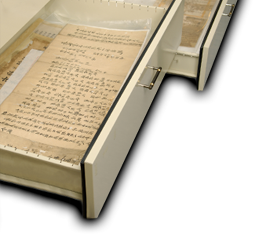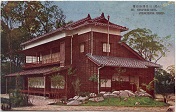
Author: The Archives of Institute of Taiwan History
Michael H. Finegan Collections of the Archives of the Institution of Taiwan History include copious photographs and post cards. In addition, many photographic materials stored in the Institution of Taiwan History were collected from our researchers or donated by private collectors. These materials feature a wide range of topics and they are very precious. The Preparatory Office of the Institute of Taiwan History and the Institute of Folk Arts of Taipei National University of the Arts cooperated on the project “Taiwan Visual Memory Digitization and Preservation Project.” We jointly revised and established an appropriate photographic database and its field design from 2002 to 2004. Now, the result of the digitization project is merged into Taiwan Archival Information System and is searchable online.
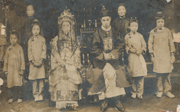
Publication date: 2011
Author: The Archives of Institute of Taiwan History
The Archives of the Institute of Taiwan History (ITH) at Academia Sinica holds a wide variety of historical sources pertaining to women of Taiwan; these materials date back to the Qing dynasty and can be examined from three aspects— “Traditional Women,” “Transition of Fate,” and “Self Expression.” They illustrate how Taiwanese women emerged from traditional family to modern job market and social activities with activism and independence.The collections of marriage documents, contracts, photographs, diaries, and personal documents presented here are selected from the digital archives of the ITH.
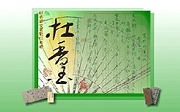
Author: The Archives of Institute of Taiwan History
Du Xiang-guo was a member of local gentry and industrialist in Dajia Town, Taichung County. His father, Du Qing, was dedicated to improving quality of Dajia Straw hats and mats and exporting them to Europe and the United States. Being a successor of his father’s business, Du Xiang-guo was active in manufacturing and financial industry. The Du Xiang-guo Papers, with coverage date from 1908 to 1946, contains his correspondence on business matters, diaries during attending schools, and literary works.
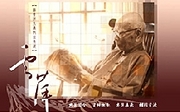
Author: The Archives of Institute of Taiwan History
Yang Yun-ping was one of the founders of the “Everyone”, the first vernacular literary magazine in Taiwan. He was mentored by Kawabata Yasunari and Kan Kikuchi when studied at the Institute of Japanese Culture in Japan, and that made great impact on his creative style. Yang began to dedicate himself to researches on Taiwan history and culture after returning to Taiwan, and got a teaching job at Department of History, National Taiwan University in 1947. The Yung Yun-ping Papers contains various forms of correspondence with government agencies, non-government organizations, and individuals as well as his manuscripts, with coverage date from the mid period of Japanese rule to post-war period.
